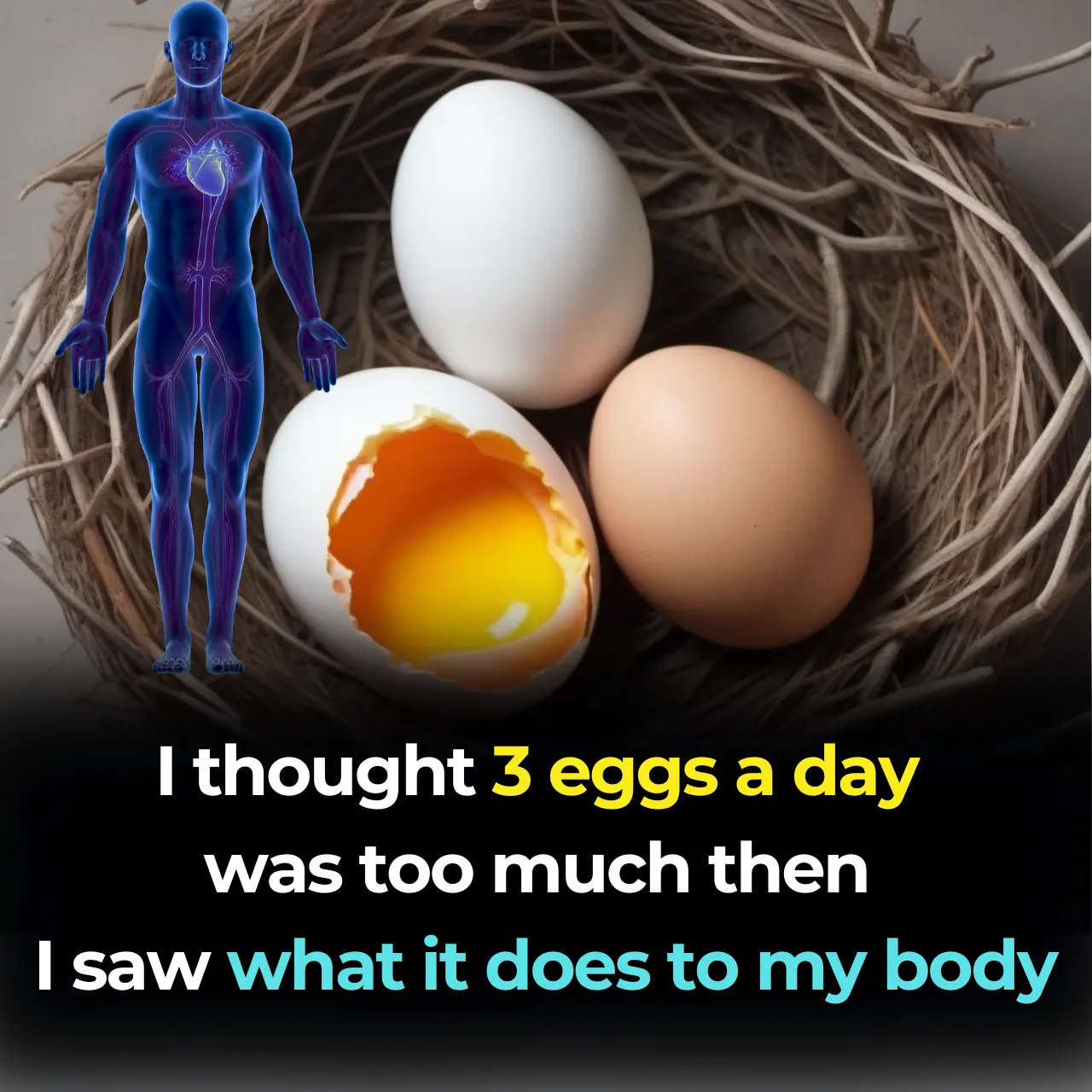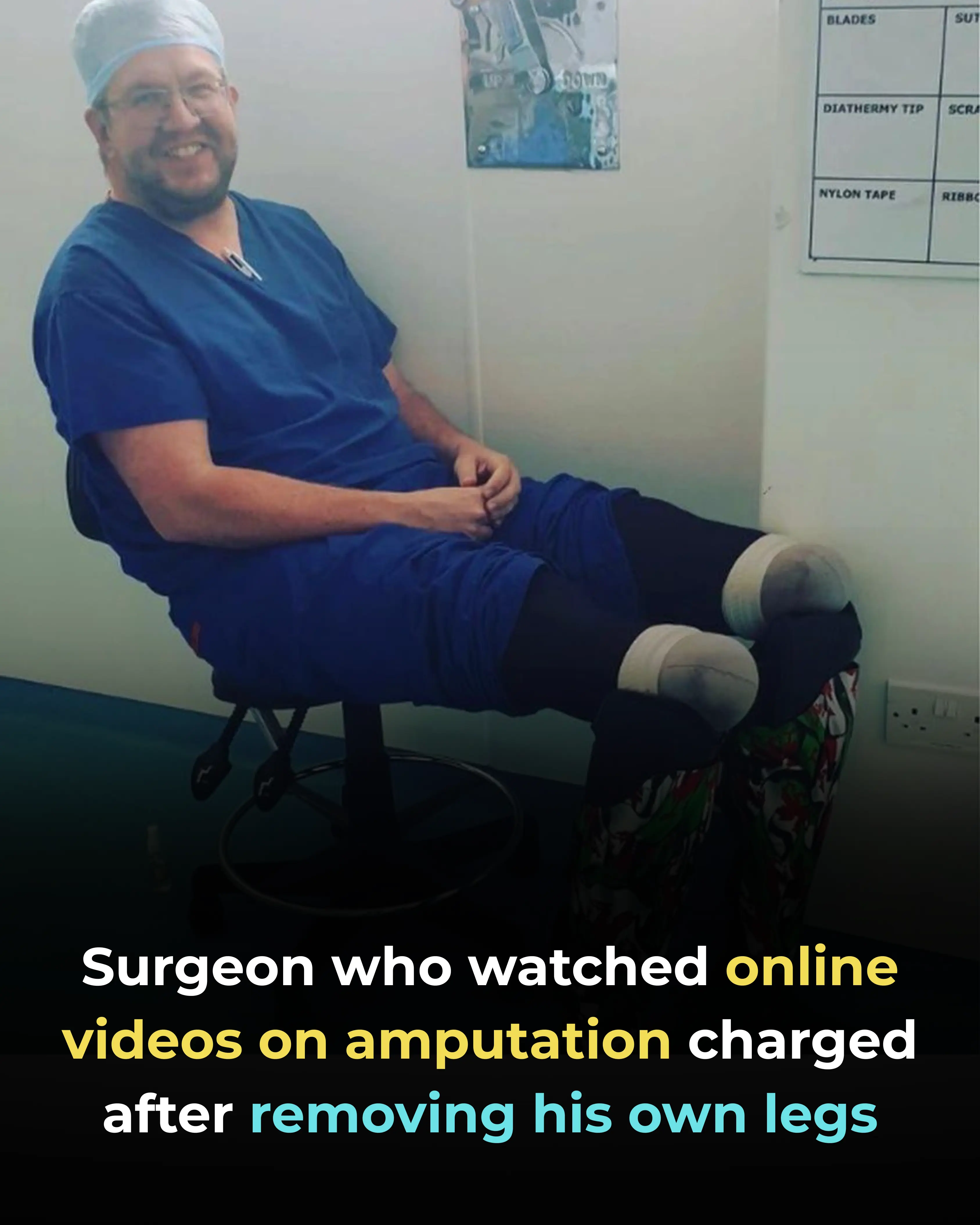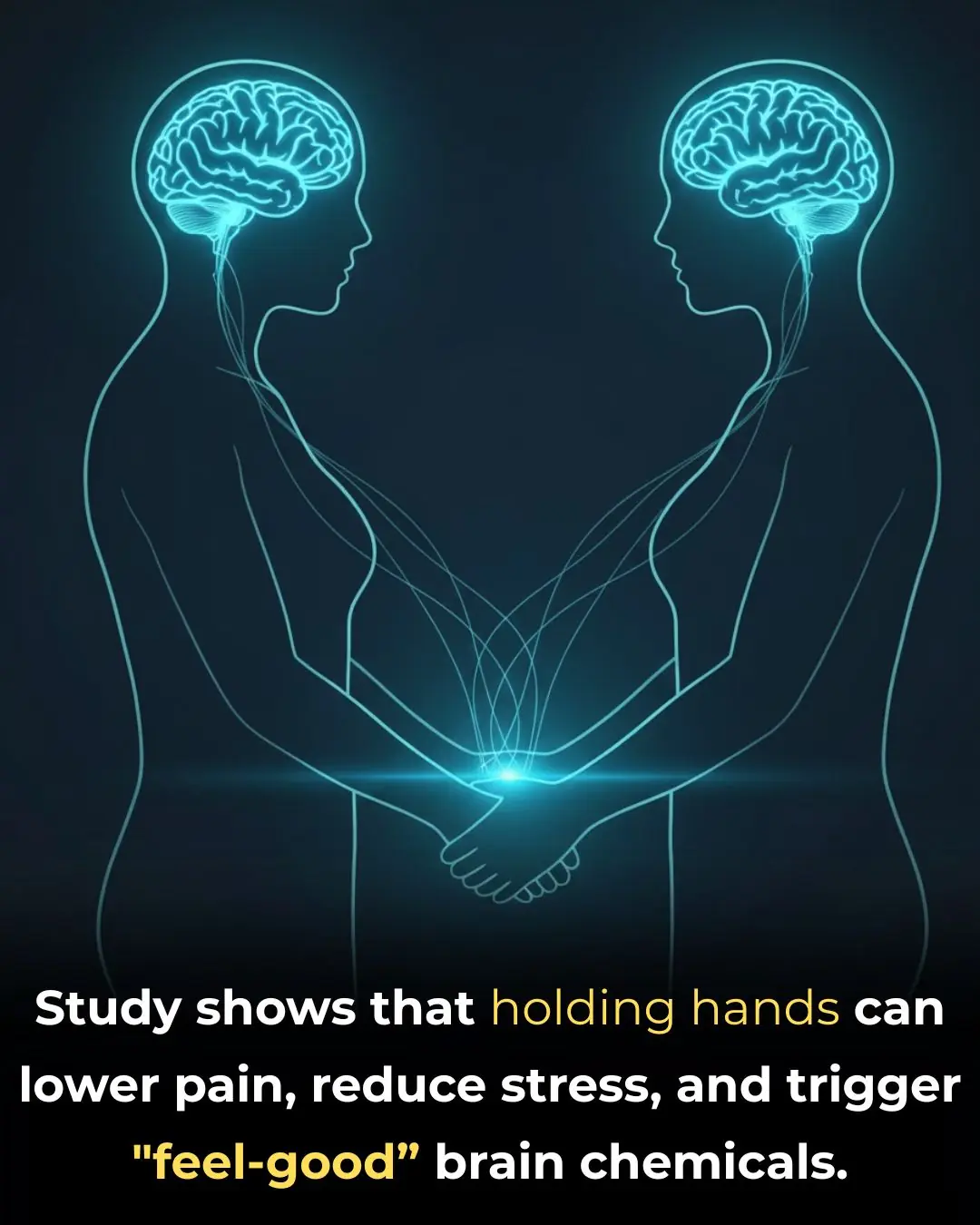
Blurred Vision in One Eye and a Headache
Blurred Vision in One Eye and a Headache — Don’t Ignore These Warning Signs
Waking up with blurred vision in one eye and a headache might seem like a small inconvenience — maybe you didn’t sleep well, maybe you’re stressed, or maybe you’re just dehydrated.
But medical experts warn that this combination of symptoms can be far more serious than most people realize. In some cases, it may be your body’s early alert system for conditions that require urgent medical attention to prevent lasting or even permanent damage.
When it comes to your eyes and your brain, there’s no such thing as being “too cautious.”
What Could Be Causing It?
Dr. Vinit Banga, Director of Neurology and Neurointervention at Fortis Hospital (Faridabad, India), explains that blurred vision in one eye paired with a headache can point to several dangerous—and sometimes life-threatening—conditions.
Here are the most common (and most concerning) causes:
1. Migraine With Aura
One of the most frequent reasons for this symptom combination is a migraine with aura. Auras are neurological disturbances that often include:
-
Flashing or flickering lights
-
Zigzag or shimmering patterns
-
Blind spots
-
Blurred or tunnel-like vision (usually in one eye)
Common triggers include:
-
Stress or emotional tension
-
Dehydration
-
Hormonal fluctuations
-
Sensitivity to certain foods (wine, chocolate, aged cheese, processed meats)
Although migraines themselves are not usually dangerous, they can mimic the symptoms of more severe conditions. Frequent or worsening migraines always warrant medical evaluation to rule out underlying neurological issues.
2. Optic Neuritis
Optic neuritis occurs when the optic nerve becomes inflamed. It is strongly associated with:
-
Multiple sclerosis (MS)
-
Autoimmune disorders
-
Viral infections
Symptoms often include:
-
Sudden blurred or dim vision in one eye
-
Pain behind the eye
-
Pain that worsens with eye movement
-
Reduced color vividness or contrast
Because optic neuritis can be an early sign of MS or another neurological condition, seeking medical attention immediately is crucial. Delaying treatment can result in long-term damage.
3. Transient Ischemic Attack (TIA)
Often called a “mini-stroke,” a TIA occurs when blood flow to part of the brain is temporarily interrupted.
Warning signs include:
-
Sudden vision loss or blurring in one eye
-
Confusion or trouble forming words
-
Difficulty understanding speech
-
Weakness or numbness on one side of the body
Even though symptoms may disappear within minutes, a TIA is a medical emergency. Up to 1 in 3 people who have a TIA will experience a major stroke later — sometimes within days.
4. Retinal Disorders
When the retina — the thin layer of tissue at the back of your eye — is damaged, you may notice sudden changes in vision. Serious retinal problems include:
Retinal Detachment
-
A “curtain” or shadow moving across your vision
-
Sudden floaters
-
Bright flashes of light
Retinal Vein Occlusion
-
Blurry or distorted vision
-
Dark spots or partial vision loss
-
Sudden onset of floaters
These conditions can cause irreversible blindness if not treated immediately. Early detection dramatically improves outcomes.
Why You Should Not Ignore These Symptoms
Even if the blurred vision clears up and the headache fades, that doesn’t mean you’re safe. Many neurological and eye-related conditions fluctuate in severity before becoming far worse.
Dr. Banga stresses the importance of early diagnosis to:
-
Identify the exact cause
-
Start timely treatment
-
Prevent complications such as stroke, nerve damage, or permanent vision loss
Your eyes are an extension of your brain — and in many cases, they’re the first to show signs of neurological trouble.
⚠️ When to Seek Emergency Care Immediately
Contact emergency services or go to the ER if you experience:
-
Sudden or worsening vision loss (even if it returns)
-
Trouble speaking or understanding others
-
Weakness, numbness, or facial drooping on one side
-
Severe dizziness, confusion, or difficulty staying awake
-
A sudden intense headache (“worst headache of your life”)
Do not wait to see if it improves — minutes matter in emergencies involving the brain or eyes.
Final Word: Trust What Your Body Is Telling You
If you’re experiencing blurred vision in one eye along with a headache, especially if it strikes suddenly or feels unusual, don’t brush it aside. These symptoms, even when subtle, can be the first warning signs of a serious underlying medical issue.
Your health is worth the caution. Listen to your body, and get evaluated by a healthcare professional promptly.
Disclaimer:
This article is for educational purposes only and is not a substitute for professional medical advice. If you are experiencing symptoms or have concerns, please contact a qualified healthcare provider immediately.
News in the same category


Natural Detox: Simple Daily Habits to Support Your Kidneys, Liver & Lungs

Apple Cider Vinegar: A Simple, Natural Way to Support Your Daily Wellness

7 powerful fruits that cleanse your kidneys naturally

What Can Your Urine Tell You about Your Health

Pour hot water over an apple and the chemicals will become clearly visible – the best way to check if an apple is toxic

Doritos Goes Dye-Free: PepsiCo Shifts to Natural Colors

Everyday symptoms that keep appearing in people with bowel cancer

The Shocking Truth About Blood Clots and Natural Treatments That Actually Work

Hidden signs of parasites in your body and how to flush them out naturally

Proven Health Benefits of Eating Eggs Based on Evidence

Nanobots could be disease-fighting machines inside the body, offering a path to eternal life

Surgeon who watched online videos on amputation charged after removing his own legs

5 Estrogen-Rich Foods Women Should Eat for Hormonal Balance & Radiant Skin

2 Handfuls of Cashews is The Therapeutic Equivalent of a Prescription Dose of Prozac

7 tips to eliminate dangerous blood fat

Lower blood sugar naturally by training just 2 leg muscles

Forget aspirin—this everyday fruit can help protect you from stroke and heart attack

Preventing Stroke At Any Age: 3 “Don’ts” After Meals—And 4 “Don’ts” Before Bed
News Post

Revealing Hidden HIV: A Major Step Toward Achieving a Functional Cure

The Science of Touch: How Holding Hands Calms the Brain and Eases Pain

The Molecular Blueprint of Regrowth: How Axolotls Regenerate Entire Limbs

A Daughter Loses Over 50 Pounds To Donate A Life-Saving Kidney To Her Dad

Walmart Cashier’s Random Act Of Kindness Towards Woman With Cerebral Palsy Will Absolutely Touch Your Heart

When boiling shrimp, remember to add these 2 spices. The shrimp will be sweet, not fishy, and will have a bright red color.

Co-workers Surprise Adopted Colleague With African Inspired Celebration After Tracing Roots Back to Africa

The rats will disappear after just 1 month with only 3 potatoes, so easy and very effective

Why are cucumbers bitter? Is it okay to eat bitter cucumbers?

‘Jada Bout to Set That Red Table’: Jada Pinkett Smith Fans Warn Rapper Yo-Yo Over Her Shocking Confession About Tupac

How to make sesame and peanut sauce with just the right taste, keep it for a long time without getting too oily, eat it with cold rice is also delicious

‘Go Back Home Friend’: Vince Herbert’s Slim, Unrecognizable New Look Has Fans Telling Tamar Braxton It Might Be Time to Spin the Block

Grab A Tissue Before Watching This Father And Son Reunite After 37 Years

My Nana Taught Me a 1-Minute Hack to Remove Sticky Jar Labels — With Zero Effort

If You Have These Two ‘Dimples’ on Your Lower Back

Actor Brian Tyree Henry Has Heartwarming Reunion With Morehouse Professor Who Inspired Acting Career

Whoa, I Had No Idea This Is Why Milk Jugs Have That Dent

I Didn’t Know This Bee Sting Trick—My Dad Swears By It
